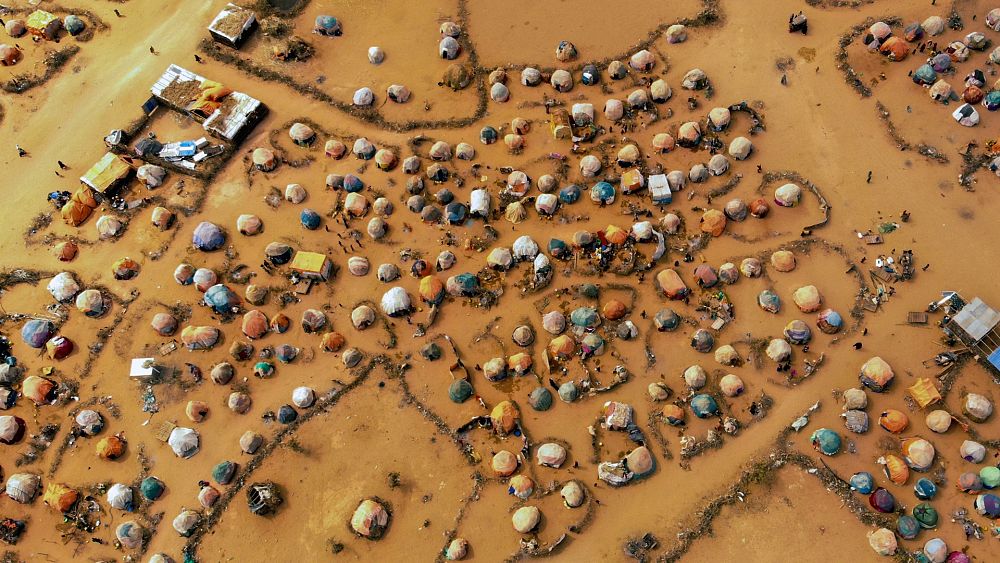
On Monday, the United Nations Intergovernmental Panel on Climate Change (IPCC) will release its latest climate report.
Since it was founded in 1988, the IPCC has published six sets of these assessments so far. They are the most comprehensive and authoritative evidence about human-caused climate change.
And, as the consequences of climate change become ever more pressing, Monday’s publication is shaping up to be a “fundamental” document for the future of climate action.
What can we expect from the latest IPCC report?
Every five to seven years, the IPCC publishes a series of reports that summarise the latest information about climate change. The reports come from the work of three different working groups that focus on the science of climate change, its impacts and potential solutions.
It has also published 14 ‘special reports’ which focus on specific areas including aviation, emissions and oceans.
Monday’s Synthesis Report from the IPCC is the final one of the cycle and draws on information from the six reports published so far, highlighting the key points from the three working groups.
Each of these reports featured strong statements on the reality of climate change from the “unequivocal” consensus that human activity is causing it to the risks faced by half of humanity. Monday’s is likely to feature similarly bold headlines.

Who writes the IPCC report?
The IPCC is made up of 195 member countries.
Hundreds of scientists work together to gather evidence about climate change from all over the world. They review it all and come to a consensus, identifying the key messages in the thousands of studies that are published every year.
It is a collaborative effort between governments and scientists with each line in a report negotiated and approved by all IPCC members. This process ensures that the information included is not only scientifically accurate but also relevant for the governments involved.
An analysis by UK news outlet Carbon Brief shows that over the last 30 years, women and experts from the Global South have gained greater representation within the IPCC. They are still underrepresented, however.
In 1990, fewer than 10 per cent of the 100 authors were women and less than 20 per cent came from the Global South. The current assessment cycle has 700 authors with 30 per cent women and more than 40 per cent from the Global South.
Why do we need these IPCC reports?
The conclusions the IPCC comes up with are used by governments, businesses, and communities – everyone looking to understand the cause and effect of climate change – to make choices in the future.
They show what the reality of climate change is and give a blueprint for the urgent action the world needs to take.
IPCC Chair Hoesung Lee told a panel meeting that the Synthesis Report will become a “fundamental policy document for shaping climate action in the remainder of this pivotal decade.”
It also provides a framework for scientists to coordinate their efforts. Reporting cycles are synched up with an international scientific effort and experiments are carried out to test the reliability of our current climate change models.
What happens after this IPCC report?
The IPCC will start its next assessment cycle in July this year.
In 2028 there will be a Global Stocktake on the progress that has been made towards the 2015 Paris Agreement. It is hoped that the new round of reports will be done in time for this.

